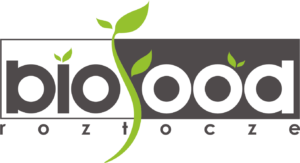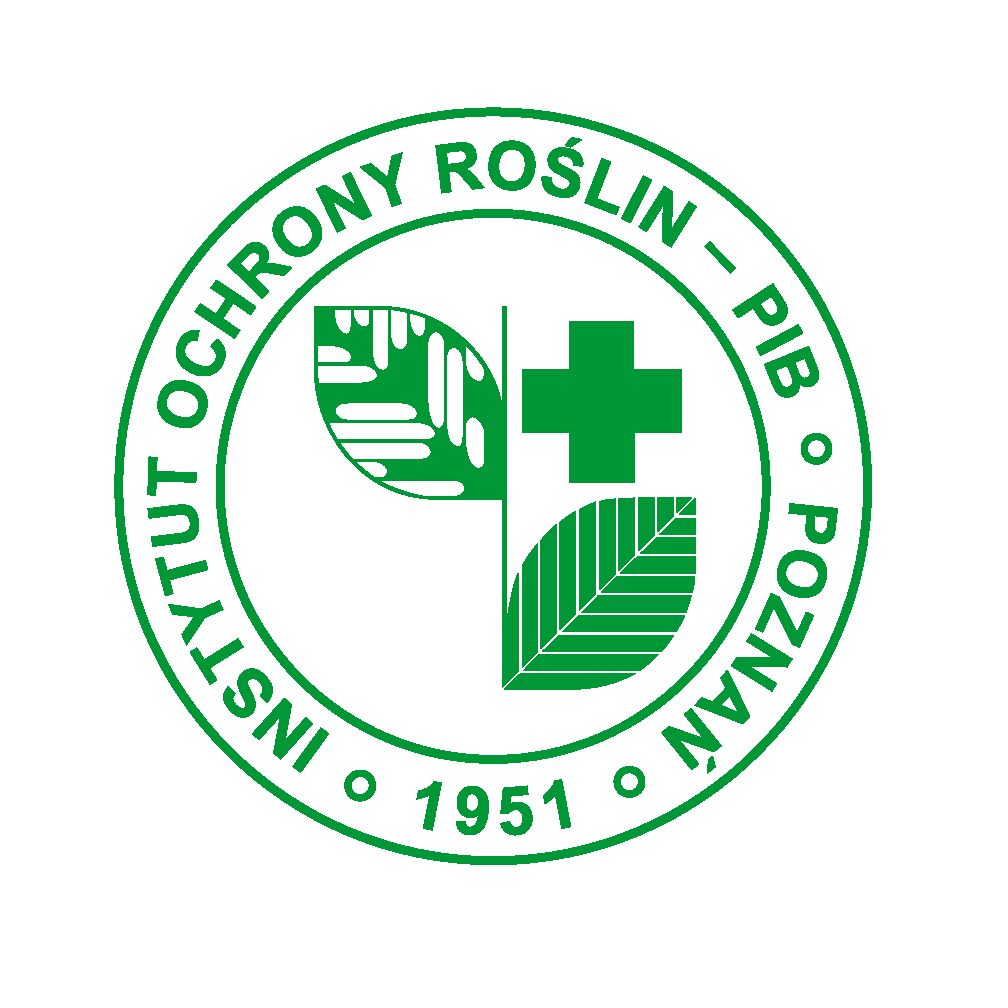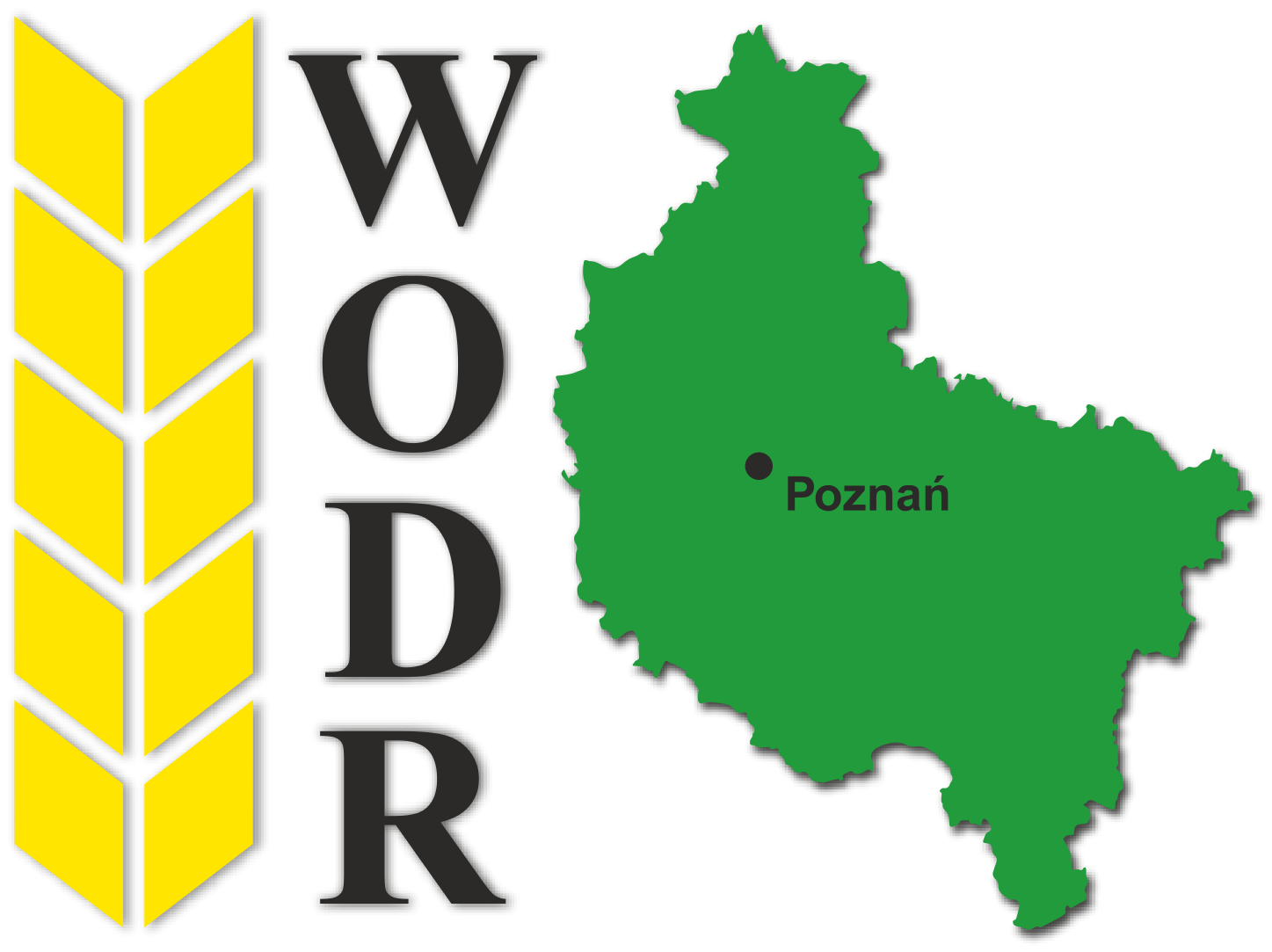Agro Living Lab
Living Lab on Microbiome-Based Solutions for Organic Agriculture
Fungal pathogens,
fungal detection,
bio-based products,
organic farming…
The microBIOme Agro Living Lab drives research and industry partners commitment to embed agroecology within local and regional socio-ecological realities through knowledge, engagement, collaboration and innovation. This cutting edge initiative, by bringing different stakeholders groups, causes that living lab can research and test sustainable solutions, enhance knowledge and tackle local and global challenges using our research infrastructure, knowledge and know-how. Living lab on microBIOmes is an example of interdisciplinary node for creation of amazing new ideas, delivering innovative solutions and research with impact on sustainable development of agroecology…

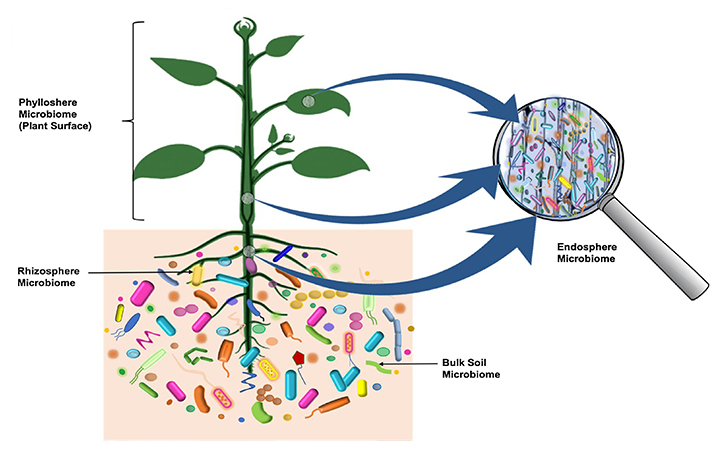
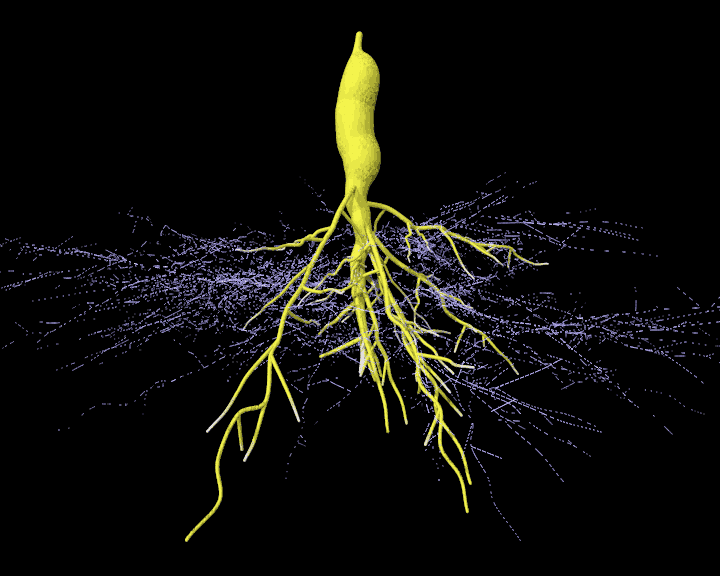
The microBIOme Agro Living Lab besides the overall goal of the initiative focusing on development, adaptation and testing new solutions for organic agriculture include the specific objectives at the scientific and at the applied levels.
At the scientific level the specific objectives of microBIOme Agro Living Lab are to:
describe the microbial genetic and functional diversity of soils;
evaluate the microbiome and mycobiome of soils and crops, including trophic and functional guilds with determination of pathogenic and antagonistic microorganisms;
assess the microbial activity and diversity in soil ecosystem under the influence of different bioproducts;
determine the effectiveness of developed bioproducts against the key fungal plant pathogens.
At the applied level the specific objectives of microBIOme Agro Living Lab are to:
develop rapid, sensitive and specific methods based on molecular biology techniques for detection of key fungal plant pathogens;
develop or adapt new bioproducts maintaining the soil biodiversity and control the fungal plant pathogens;
determine the effectiveness of the bioproducts in laboratory, fitotron and field conditions in collaboration with farmers, taking into account the quality of fruit plants crops and soil, including biological indicators of soil status;
characterize the microbial activity and diversity of soils and plants based on microbiome and mycobiome analyses;
optimize and standardize procedures and approach for monitoring and assessing fungal diversity and their distribution in soils and plants.
At the socio-economic level the specific objectives of microBIOme Agro Living Lab are to:
evaluate the economic added-value of using microbiomes-based solutions for organic agriculture;
transfer knowledge to different stakeholders groups;
increase awarenesse awareness of people in order to improve and maintain biodiversity, quality and health of ecosystems.
The microBIOme Agro Living Lab focuses on the following five branches of expertise important for agriculture and horticulture:
Prof. DSc Magdalena Frąc
Institute of Agrophysics, Polish Academy of Sciences
Department of Soil and Plant System
Laboratory of Molecular and Environmental Microbiology
Doświadczalna 4
20-290 Lublin POLAND
phone.: (+48) 81 744 50 61 int. 156
e-mail: m.frac@ipan.lublin.pl


